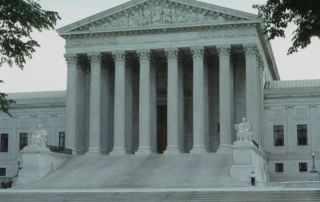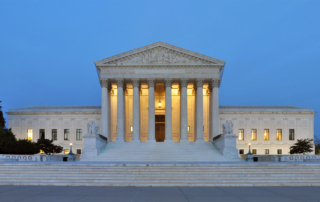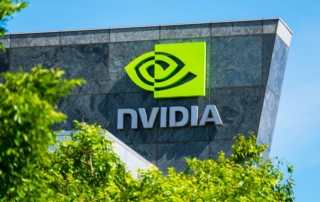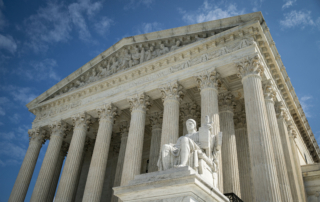Class Action Suit Brought Against Apple For Using Authors’ Books To Train Its AI Systems
On September 5, 2025, authors Grady Hendrix and Jennifer Roberson filed a class action lawsuit in the U.S. District Court for the Northern District of California, alleging that Apple used pirated books to train its Apple Intelligence (“AI”) models. Hendrix and Roberson are requesting declaratory and injunctive relief as well as statutory damages, compensatory damages, restitution, disgorgement, and attorneys’ fees for all class members in addition to themselves.
Plaintiffs Hendrix and Roberson allege that Apple used Books3, which includes their published works, to train its OpenELM language models. Books3 is a dataset of pirated copyright books. It […]












